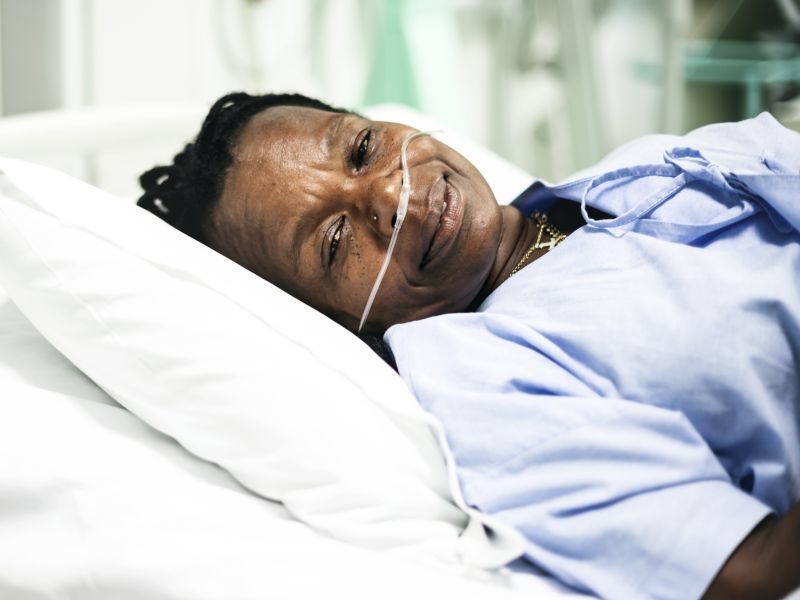Bedside Manner Even More Important for Hospital Patients Admitted Via the ER
THURSDAY, Feb. 4, 2021 (HealthDay News) — Being rushed into hospital care can be an emotional experience. So, what a surgeon says to trauma or emergency surgery patients plays a role in how satisfied they are after their operations, a new study finds. Researchers analyzed data from nearly 187,000 patientsContinue Reading










